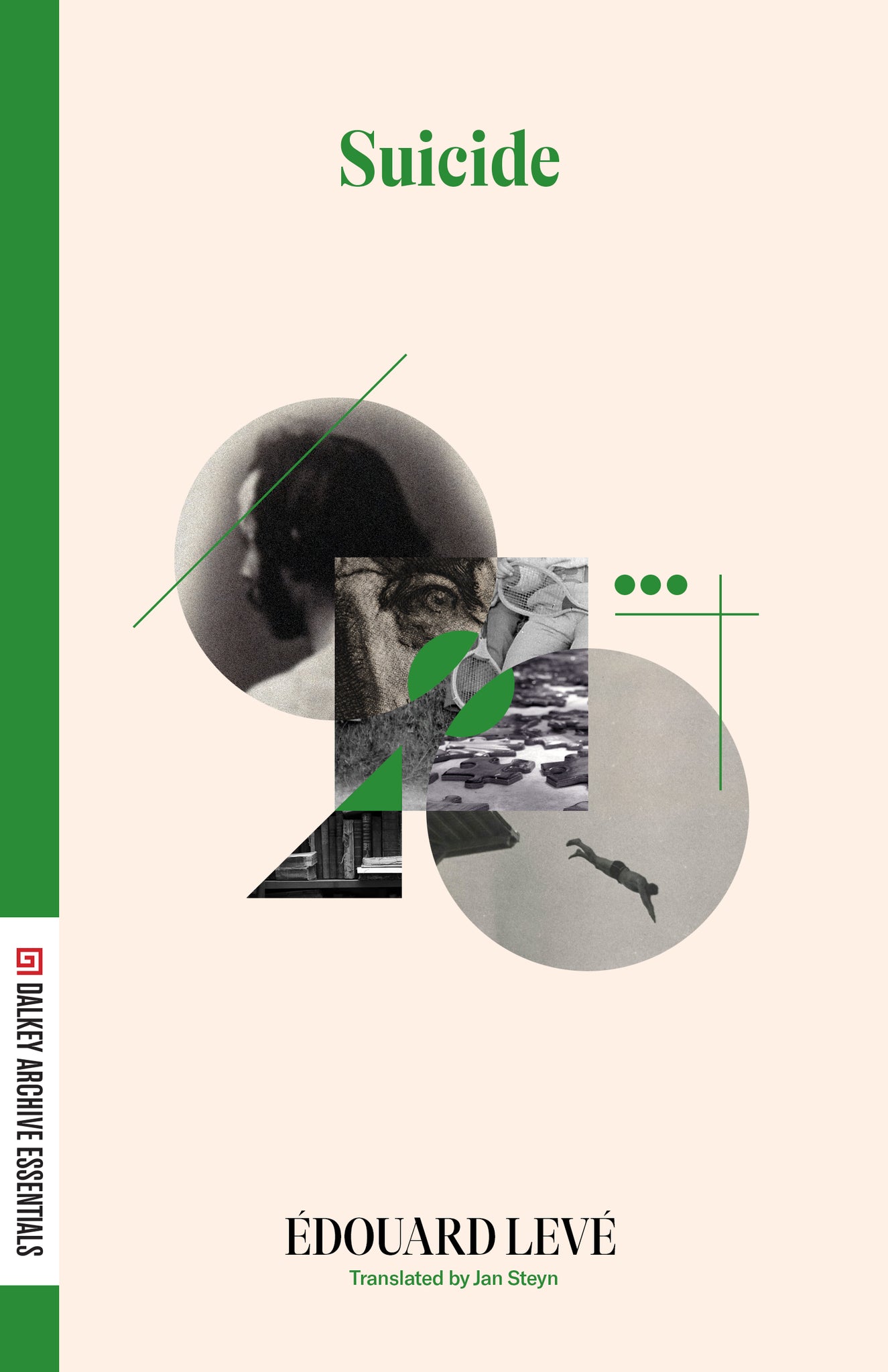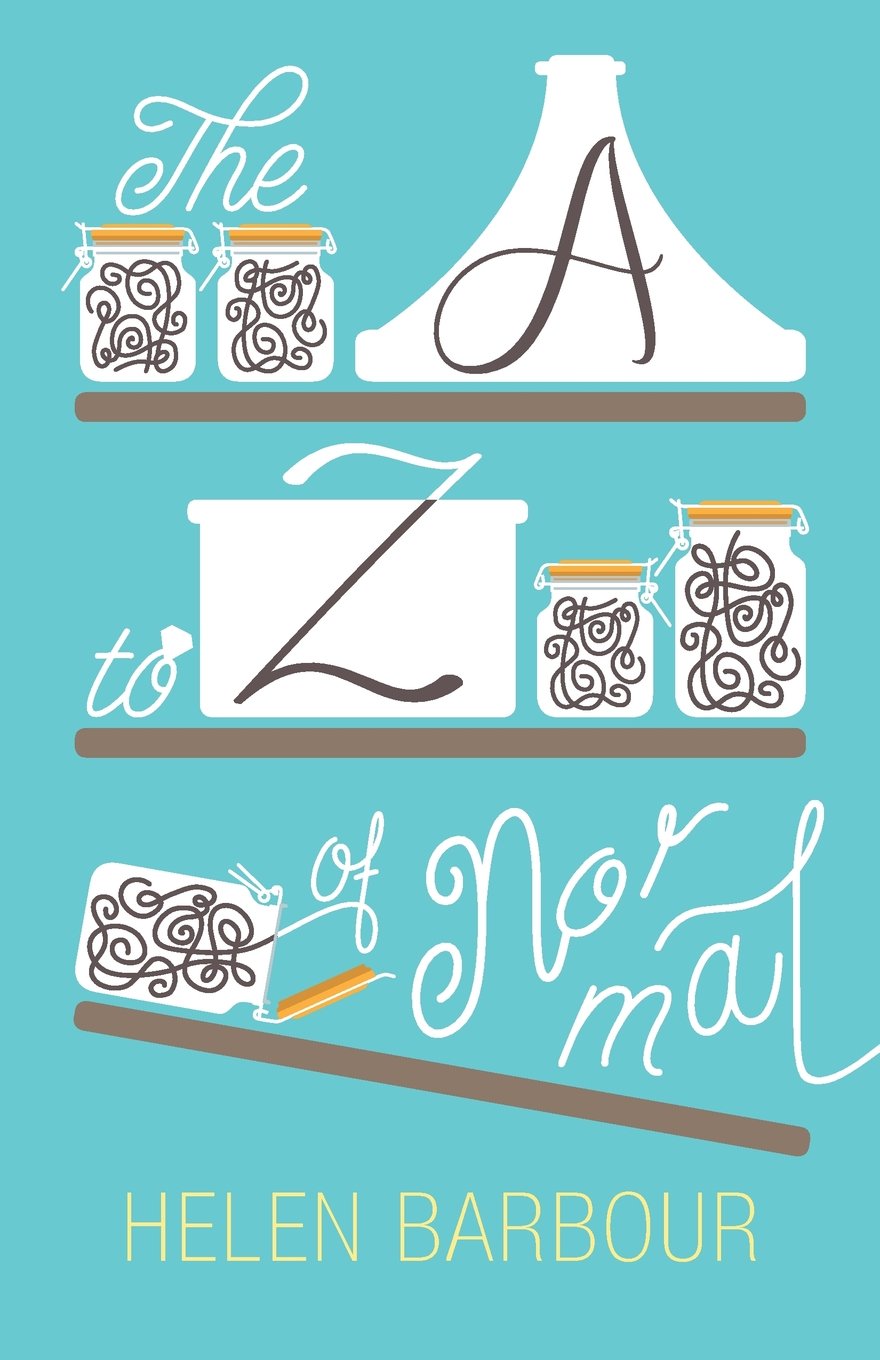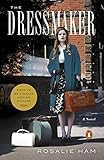 The narration in particular demonstrates Levé’s artistry. The book’s speaker addresses his friend, recounting a wide range of events, conversations, and thoughts that took place before the suicide. But wait—he, the narrator, is recounting incredibly specific details about his friend’s life, quoting conversations, explaining worries and trains of thought that his friend, not the narrator, experienced.
The narration in particular demonstrates Levé’s artistry. The book’s speaker addresses his friend, recounting a wide range of events, conversations, and thoughts that took place before the suicide. But wait—he, the narrator, is recounting incredibly specific details about his friend’s life, quoting conversations, explaining worries and trains of thought that his friend, not the narrator, experienced.
Tag: novel
Shifting Perceptions: A Review of Apparitions by Sybil Baker
 What is true? What is not? The protagonist, Simone, arrives in Istanbul with her friend, Agnes. The city, partly European and partly Asian, hints at the dichotomies in Simone’s life and the fusion and confusion she encounters.
What is true? What is not? The protagonist, Simone, arrives in Istanbul with her friend, Agnes. The city, partly European and partly Asian, hints at the dichotomies in Simone’s life and the fusion and confusion she encounters.
A review of Prétend by Arielle Burgdorf
 I love this book. It is located at the crossroads (if not terminus) of cultural appropriation, mistranslation, gender and identity fluidity. Carrère’s fake identity novel, the brilliantly glib aspersions of Nightwood — all this and more are revivified in Arielle Burgdorf’s masterful take on identity in an increasingly amorphous world.
I love this book. It is located at the crossroads (if not terminus) of cultural appropriation, mistranslation, gender and identity fluidity. Carrère’s fake identity novel, the brilliantly glib aspersions of Nightwood — all this and more are revivified in Arielle Burgdorf’s masterful take on identity in an increasingly amorphous world.
A Review of The Girl from Blind River By Gale Massey
 Comparisons aside, Jamie and Girl from Blind River stand on their own as remarkable achievements in popular literature. Gale Massey has a poet’s eye for the telling detail, and can evoke a feeling with a few deftly written words. Readers don’t need to be told Jamie is poor after Massey has her searching “the remaining pizza boxes until she found a piece of crust and chewed it while she watched the [poker] hand play out.”
Comparisons aside, Jamie and Girl from Blind River stand on their own as remarkable achievements in popular literature. Gale Massey has a poet’s eye for the telling detail, and can evoke a feeling with a few deftly written words. Readers don’t need to be told Jamie is poor after Massey has her searching “the remaining pizza boxes until she found a piece of crust and chewed it while she watched the [poker] hand play out.”
Veracity and Transformation: A Review of Grief Cottage by Gail Godwin
 The book is wonderfully informed by multiple metaphorical depictions of our inner and outer struggles. Young Marcus loses his mother, his only parent, and goes to live with his eccentric and spiritually bruised great Aunt Charlotte on a small island in South Carolina at the beginning of the summer. Aunt Charlotte has past wounds that haunt her, rendering her a reclusive but renowned local painter.
The book is wonderfully informed by multiple metaphorical depictions of our inner and outer struggles. Young Marcus loses his mother, his only parent, and goes to live with his eccentric and spiritually bruised great Aunt Charlotte on a small island in South Carolina at the beginning of the summer. Aunt Charlotte has past wounds that haunt her, rendering her a reclusive but renowned local painter.
A review of The A to Z of Normal by Helen Barbour
 The A to Z of Normal, by British author Helen Barbour, is a “relationship novel,” but has more to say than a romance, or a “chick lit” book. Readers like to learn while being entertained, and in this novel, Ms. Barbour gently educates us about Obsessive-Compulsive Disorder and deserves praise for recognizing the dramatic potential in a subject seldom-explored in fiction.
The A to Z of Normal, by British author Helen Barbour, is a “relationship novel,” but has more to say than a romance, or a “chick lit” book. Readers like to learn while being entertained, and in this novel, Ms. Barbour gently educates us about Obsessive-Compulsive Disorder and deserves praise for recognizing the dramatic potential in a subject seldom-explored in fiction.
A review of The Buried Giant by Kazuo Ishiguro
 The Buried Giant is not an easy book. Its simple prose belies the complexity of the narrative, and the multiple layers of meaning as Ishiguro presents us with extremes that are equally unpalatable, and both of which could well be seen as the modern condition. At times, the fog is enough to engulf the reader, and the work seems to be as obscure in its meaning as the location of Beatrice and Axl’s son’s village.
The Buried Giant is not an easy book. Its simple prose belies the complexity of the narrative, and the multiple layers of meaning as Ishiguro presents us with extremes that are equally unpalatable, and both of which could well be seen as the modern condition. At times, the fog is enough to engulf the reader, and the work seems to be as obscure in its meaning as the location of Beatrice and Axl’s son’s village.
A review of The Dressmaker by Rosalie Ham
 Readers enjoy seeing the triumph of an underdog, particularly one who has been good to her persecutors and has given them a second chance to treat her decently. Rosalie Ham’s witty writing and clever structure make this novel exceptional. The division of the book into four sections: Gingham, Shantung, Felt and Brocade, is not just a cute way of furthering the sewing motif; rather, the names are symbolic.
Readers enjoy seeing the triumph of an underdog, particularly one who has been good to her persecutors and has given them a second chance to treat her decently. Rosalie Ham’s witty writing and clever structure make this novel exceptional. The division of the book into four sections: Gingham, Shantung, Felt and Brocade, is not just a cute way of furthering the sewing motif; rather, the names are symbolic.
A review of Invisible Streets by Toby Ball
 I very much enjoyed Toby Ball’s novel, the way his snappy prose propelled the story forward, making everything both more convoluted and clearer at once. He conjured up a vital, bustling sense of place.
I very much enjoyed Toby Ball’s novel, the way his snappy prose propelled the story forward, making everything both more convoluted and clearer at once. He conjured up a vital, bustling sense of place.
A review of Maddaddam by Margaret Atwood
 The world of Maddaddam is harsh and often ugly world – particularly the Painballers – a group of criminals who have survived their Hunger Games style imprisonment a number of times and have lost their ‘humanity’ in the process. However, in spite of some pretty gruesome episodes, ultimately the story is a redemptive and satisfying one. The Craker’s naivety is charming, and beyond Toby and Zeb, the characters are delightfully Dickenesque – turning to fizz, flirting in scientific jargon, and cooking up a storm with weeds and lab-grown splices.
The world of Maddaddam is harsh and often ugly world – particularly the Painballers – a group of criminals who have survived their Hunger Games style imprisonment a number of times and have lost their ‘humanity’ in the process. However, in spite of some pretty gruesome episodes, ultimately the story is a redemptive and satisfying one. The Craker’s naivety is charming, and beyond Toby and Zeb, the characters are delightfully Dickenesque – turning to fizz, flirting in scientific jargon, and cooking up a storm with weeds and lab-grown splices.